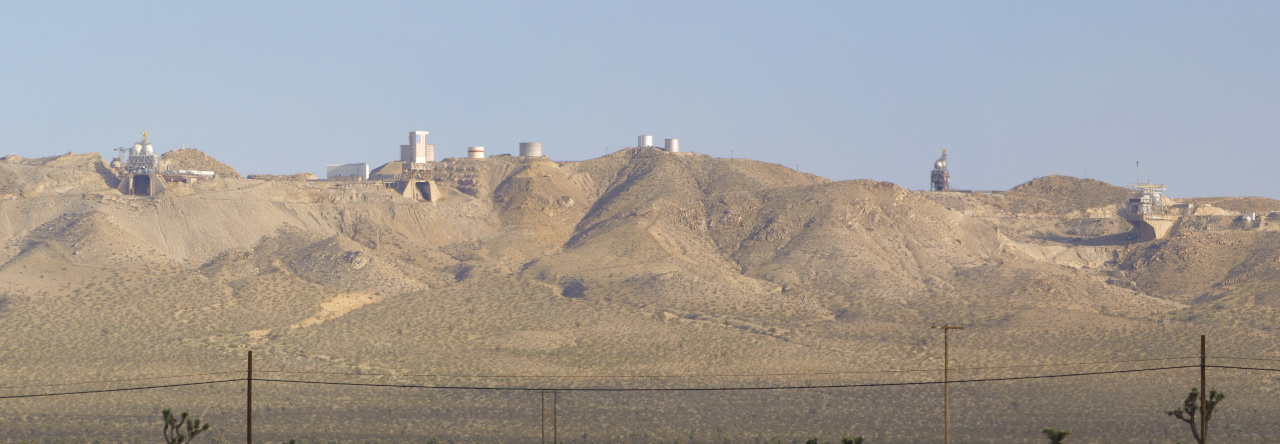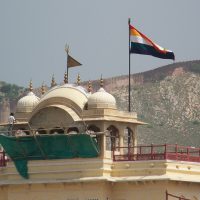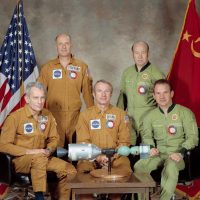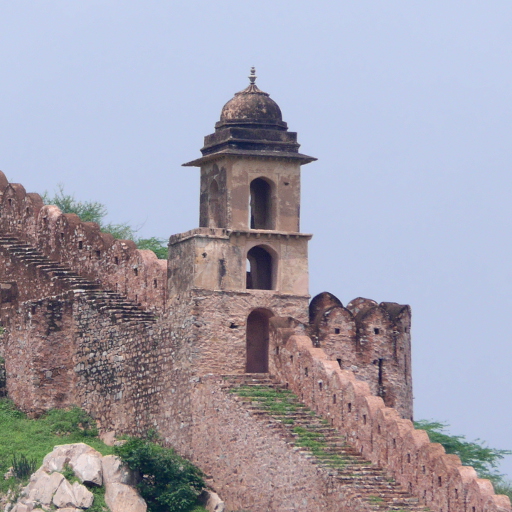Warning! This post contains plot spoilers for Robert A. Heinlein’s novel Citizen of the Galaxy (1957).
I recently read the classic science fiction novel Citizen of the Galaxy, by Robert Heinlein. The book is an engaging space-opera tale of a young man who is a slave turned fugitive turned trader turned military recruit turned industrialist. The book is a good read, and it provided a welcome diversion from teaching and dissertation work.
As a child and teenager, I would read science fiction to learn about the future. Of course I knew that the future portrayed was imaginary, but I liked partaking of the author’s imaginings of what the future had to bring. Heinlein in Citizen of the Galaxy has plenty to say about the future, as his characters cross the galaxy on faster-than-light starships. Nowadays, though, when I read a sci-fi book, I am more interested in what it can tell me about the past. And that is why I found Citizen of the Galaxy particularly interesting.
Heinlein wrote the book in the early years of the Cold War. Even though he imagined the future, his book belongs to the period in which he wrote it, the 1950s. Here are three ways that the book reflects and responds to the world in which Heinlein was writing:
1. Planet Jubbul
The story begins on planet Jubbul, where the main character Thorby is purchased at a slave auction by Baslim the Cripple, an undercover abolitionist. To portray Jubbul, Heinlein drew on western perceptions of the East, which could either represent the Soviet bloc or nonaligned nations such as Egypt and India. The ruler of the planet is known as the Sargon, a name that Heinlein adopted from an ancient Mesopotamian emperor. The capital city of Jubbul is Jubbulpore; “-pore” is an old-fashioned transliteration of the Sanskrit suffix –pur, which means town or city (as in Jaipur, the city of Jai Singh II).1 The inhabitants of Jubbulpore practice real-life traditions that Heinlein’s American readers would have found exotic. One of these is a purdah, the seclusion of (mainly upper-class) women. (Parda is a Persian word meaning “curtain,” as women in purdah would stay behind curtains when in the presence of men who were not members of their family.)
2. Area studies in space
The next phase of Thorby’s journey is as a member of the free traders, who trade from one end of the galaxy to the other but are not subject to any government. The free traders, like the inhabitants of Jubbul, also have strange customs, but rather than letting them remain mysterious and exotic, Heinlein explains them. Most of the explaining is done by a character who is an anthropologist studying free trader culture on Thorby’s ship. The fictional anthropologist represents the factual period of area studies. After World War II, the United States began to pursue a global foreign policy, and a component of this policy was studying foreign cultures and societies so that Americans could interact with them appropriately. Funding for anthropological research spiked in the early Cold War. The anthropologist’s studying the free trader culture is a logical extension of US government-funded area studies of Asia and Africa from the early Cold War.
3. Galactic capitalism
The last act of Citizen of the Galaxy takes place on Earth, where Thorby struggles to regain the fortune that is his rightful inheritance. It turns out that Thorby’s family controls one of the galaxy’s major starship manufacturers. The industrial operation is capitalistic, and Heinlein uses the fictional company to comment on capitalism in America. The Cold War was a period of a great ideological dispute between capitalism and socialism. The United States promoted capitalism; Heinlein the narrator, true to his nation’s ideology, accepts capitalism. He does not accept it wholesale, though; he highlights its potential pitfalls. As the book ends, Thorby has just regained control of his fortune and is beginning to investigate the family business’s complicity in supplying ships to the slavers. To Heinlein, American capitalism is not value-free, either in the distant future or the 1950s. Capitalists must be held responsible for their actions, both domestically and abroad.
- Jubbulpore is the name of an actual city in central India, although it is now spelled Jabalpur. [↩]





brendan harris
loved the book and how you explained why Heinlein created the worlds he did, it makes it even richer now to my mind, im now 62 by the way, and read it as a teenager!!
Willy
Glad you appreciated the post!